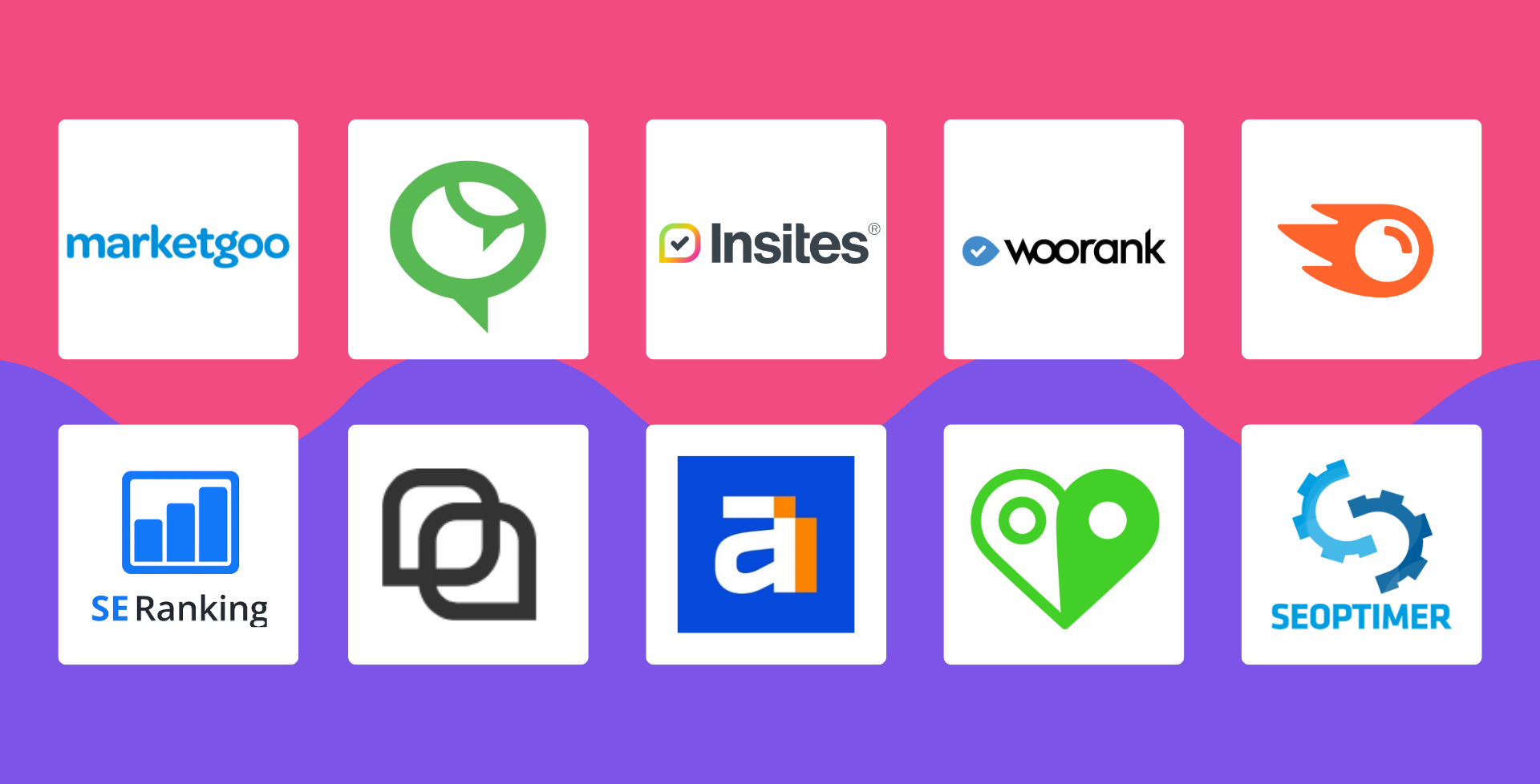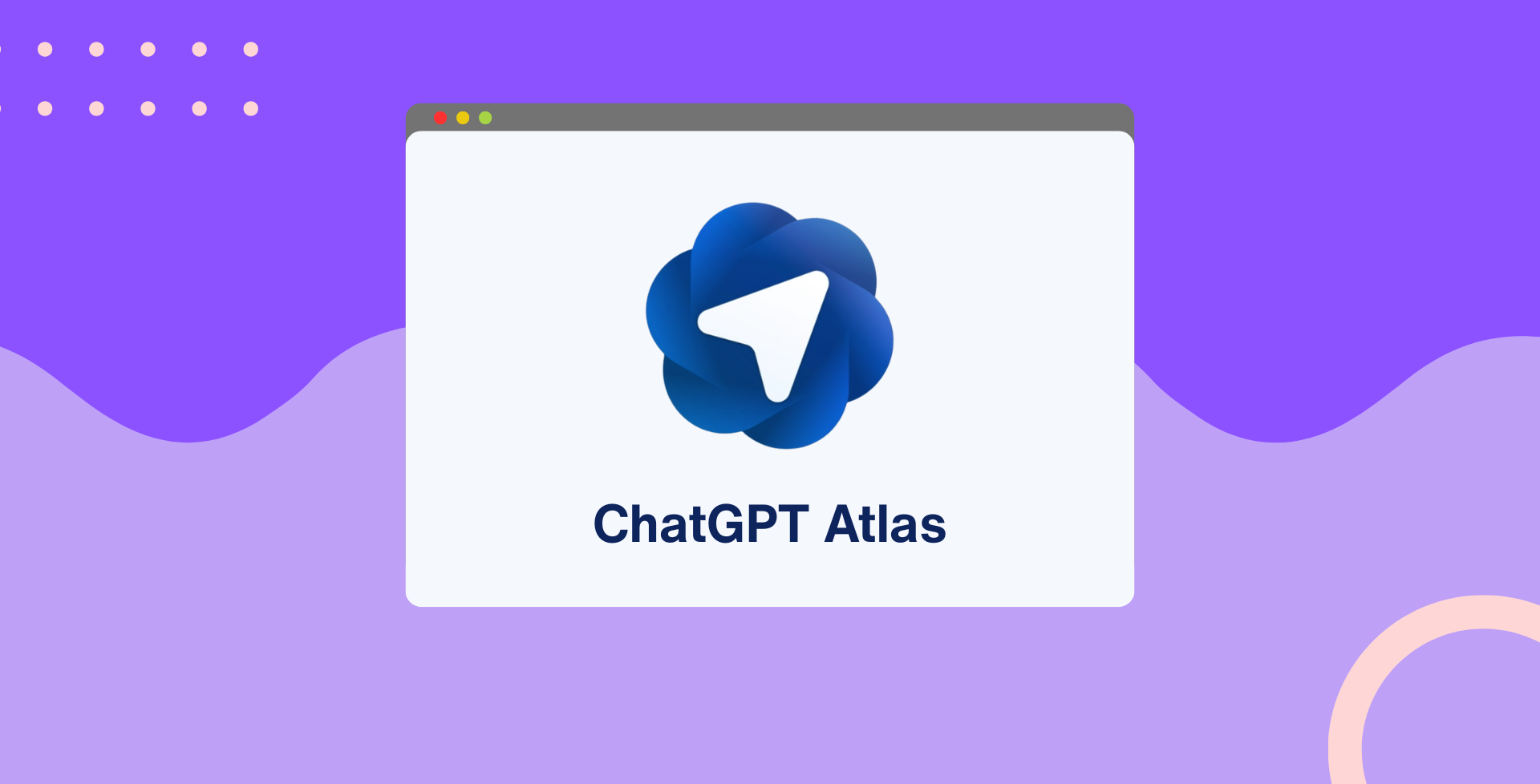Location, Location, Location: A Deep Dive into Local SEO Best Practices – Pt 1
Sharlotte Briscoe • February 14, 2024
As a digital marketing agency , when starting to think about honing in on Local SEO and online presence for your clients, mastering the art of local SEO has become essential for businesses that want to thrive in their industries. The internet is fast becoming the number one spot to discover local businesses so the importance of optimising the online presence for local searches should not be underestimated!
As a digital marketing agency that strives to deliver results that will knock your client’s socks off, understanding how to create effective local SEO strategies is absolutely paramount.
In this two-part guide (we love a two-parter!), We’ll be covering :
- Optimising Google Business Profile Listings
- Local Keyword Research and Implementation
- Localised Content Strategy
- NAP Consistency Across the Web
- Local Link Building Strategies
- Mobile Optimisation for Local Searches
- Generating Local Reviews and Reputation Management
- On-Page SEO Optimisation
1. Optimising Google Business Profile Listings to Boost Local SEO
We’re starting off strong with GBP (Google Business Profile) listings. An up-to-date and complete GBP could be considered Local SEO’s kryptonite.
Business details
First off ensure all of the details within the Google Business Profile are up to date and accurate . You’d be surprised how often businesses have incorrect details on their GBP’s. This includes the business name, address, phone number (NAP details) and website URL. Add the details in full to make sure that there is consistency across all online directories, any inconsistencies can hurt local search rankings.
Don’t forget to include business hours, services/products offered and the business category.
Posts and photos
Regularly update the GBP with fresh photos, posts and offers to improve your client’s visibility and help them engage with local customers. Including posts and photos adds an element of accessibility to the business and gives them a snapshot of the product or service they’re looking at buying.
Engagement
Encourage your clients to ask their customers to leave Google reviews and add their own photos. Engaging with customer reviews and questions promptly will demonstrate fabulous customer service and it can also positively impact local rankings!
2. Local Keyword Research and Implementation
Identify Local Keywords
Start by putting yourself in the shoes of the ideal customer. If you were looking for your client’s products or services what phrases would you type into Google to find what you want? The phrases you choose could be super local such as ‘cafes near me’ or they can be a little bit broader like ‘best cafe’ or ‘best places to eat in Derby’.
Tailor the keyword selection for your clients to capture what their local audience would search for.
Utilise Keyword Research Tools
There’s an abundance of keyword research tools at your fingertips, so to make sure you’ve tied up any loose ends, we’d recommend looking into them. Here are just a few:
Use these tools to uncover invaluable insights into the search volume for each keyword, competition levels and keyword variations specific to your client’s location. Look for high volume keywords with moderate to low competition – these keywords are the hidden gems!
3. Localised Content Strategy
Tailored Content Creation
Craft some attention-grabbing content that’s tailored specifically towards your target audience’s locality.
To do this you will need to understand the unique characteristics, preferences and needs of the local demographic. For example, if your client runs a coffee shop in a hipster-y neighbourhood, then a great idea for content would be to write with millennials in mind and post about the crossover between the local art scene and coffee culture.
Incorporate Local Keywords
Using one of the tools we named above, do some thorough keyword research, focusing on the terms that are relevant to the local area. Keyword research tools will help you pinpoint commonly searched keyphrases. You can then incorporate these naturally into your website copy, blog content, titles and headings to boost your visibility in local search results.
Highlight Local Landmarks and Events
Mixing references to public landmarks and attractions in with your client’s website content will not only, enhance its relevance but forge a connection with the local community. Whether you decide to showcase local landmarks or recommend local hidden gems, including these elements will add an authentic and welcoming touch to the content.
Utilise Geotargeting for Local SEO impact
Geotargeting seems almost like a cheat code! You can use this gold dust to deliver personalised content based on the user’s location. This allows you to tailor your ads and messaging to specific locations and areas to maximise engagement with your client’s content and convert more website visitors
4. NAP Consistency Across the Web
When it comes to SEO, as we mentioned earlier, consistency is absolutely key. So getting into the habit of having accurate details across social channels, listing directories, online profiles and the business website is one of the major keys to gaining your client’s a trustworthy reputation online. Here’s why maintaining NAP consistency is crucial
Ensure Consistency in Your NAP Across All Online Directories
It’s essential that your client’s NAP details (Name, Address, Phone number) are consistent across all online directories, their website and social channels too. After all, these very details are the breadcrumbs that’ll lead customers to their (sometimes virtual) doorstep. The last thing you want is for a customer to not be able to find or contact your client’s business because of inaccuracies in their listings.
Regularly Audit and Update Listings
The digital landscape is one that changes more often than any of us care to think about. For this reason, regular checks and updates on any online directories your clients are part of are a must. To stay on top of it, we’d recommend regularly scheduled audits of the directories to make sure they’re up-to-date, accurate and complete.
Whether it’s a change in business hours, a new phone number, or a fresh lick of paint on the storefront, keeping your client’s listings up-to-date signals reliability and professionalism to both customers and search engines alike.
That’s all for part one!
You’ve got to the end of part one of covering Local SEO best practices. We’ve explored essential tactics such as optimising Google Business Profiles, conducting targeted local keyword research, and ensuring NAP consistency across online directories.
Keep your eyes peeled next week and join us as we continue our quest to conquer the local SERPs and we’ll be covering the next 4 points:
- Local Link-Building Strategies
- Mobile Optimisation for Local Searches
- Generating Local Reviews and Reputation Management
- On-Page SEO Optimisation
Until then…
Happy local SEO-ing!

 The Insites Team
The Insites Team


























